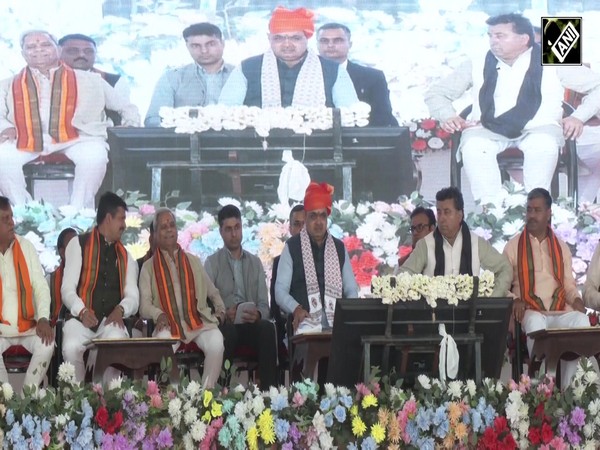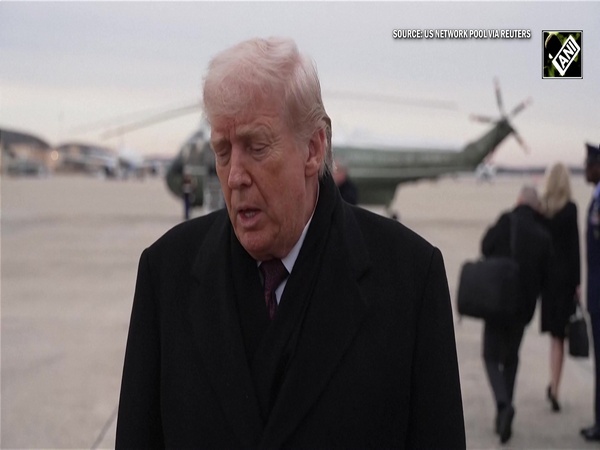Baloch Rights leader urges reopening of border crossings to safeguard jobs
Sep 25, 2024

Quetta [Balochistan], September 25 : The leader of Haq Do Tehreek (HDT) Maulana Hidayatur Rehman, a political movement advocating for local autonomy and rights in Pakistan's Gwadar region, has urged the authorities to reopen all border crossings from Gwadar to Chaman, Dawn reported.
He further cautioned that if the situation is not addressed, daily wage labourers struggling to make ends meet may resort to desperate measures, including suicide bombings.
While speaking at a press conference, Rehman stated that since border trade provides jobs for three million people, peace cannot be achieved without offering them employment opportunities. Jamaat-e-Islami leaders Maulana Abdul Hameed Mansoori and Abdul Wali Shakir also attended the press conference.
The report further noted that Rehman, a member of the Balochistan Assembly, blamed the Apex Committee for increasing poverty and unemployment in the province, arguing that it ordered the closure of border crossings without considering the local situation.
He said, "The government justifies these closures by labelling border trade as smuggling, but it has done nothing to provide alternative employment to the almost three million people whose livelihoods depend on trade with Afghanistan and Iran. Factories in Lasbela provide jobs to thousands of workers, but the percentage of locals in the workforce there is only 20."
He also pointed out that Balochistan has few job opportunities beyond border trade and lacks industrial infrastructure. While lamenting the government's inaction, he noted, "Since the government, according to its data, can provide jobs to only 5,000 people annually, thousands of educated youth remain unemployed."
Balochistan remains one of the poorest provinces in Pakistan. Local communities often do not benefit from resource extraction, leading to widespread poverty and unemployment.
Rehman stated that labourers, driven by the need for employment, risk their lives by taking perilous routes, facing dangers such as accidents, vehicle fires, or engine failures on boats.
He challenged the Apex Committee's claim that border trade negatively affects the economy, arguing that the ruling elite should reduce their perks and privileges rather than eliminate jobs. The provincial government struggles to secure a fair share of revenue from resource exploitation, which is often controlled by federal authorities or private companies.
Rehman further accused district officials of earning "tens of millions of rupees from extortion" at border points in Panjgur, Gwadar, and Kech, asserting that these illicit practices are the real burden on the economy, not border trade itself.
















